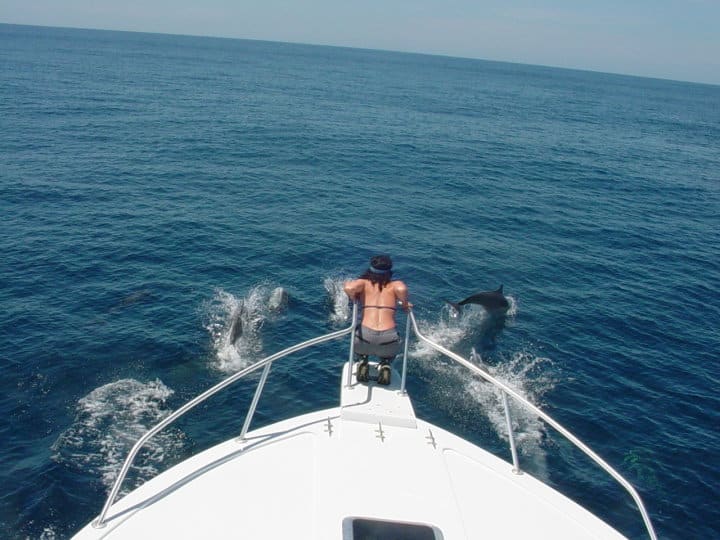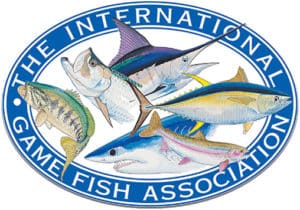Costa Rica has implemented a number of initiatives and regulations to promote responsible fishing and protect marine resources.
One of the main ways Costa Rica promotes responsible fishing is through the use of fishing quotas and size limits. The government sets limits on the number of fish that can be caught per species, and also enforces minimum size limits for certain fish, such as marlin and sailfish.
Costa Rica also operates a number of marine protected areas (MPAs) where fishing is either prohibited or strictly regulated. These MPAs provide important breeding and nursery habitats for a wide variety of fish and other marine species, which helps to maintain healthy fish populations.
In addition, the government of Costa Rica has implemented a system of marine conservation concessions, which grants local fishing communities the right to manage and protect marine resources within a specific area. This promotes sustainable fishing practices and helps to ensure that local fishing communities benefit from the long-term health of the marine ecosystem.

Costa Rica also encourages sustainable tourism and fishing by promoting ecotourism and eco-friendly fishing practices. Many fishing charters are now promoting catch and release fishing, and sustainable food sourcing in order to reduce the negative impact of fishing on the ocean.
Furthermore, Costa Rica has created a national program called “Pesca Sostenible” that aims to promote sustainable fishing practices in the country. The program includes activities such as training and education for artisanal fishers, and the implementation of regulations that promote sustainable fishing practices.
Overall, Costa Rica is actively working to promote responsible fishing and protect its marine resources through a variety of initiatives and regulations.



